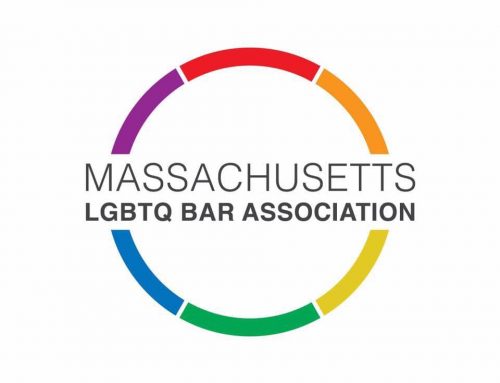Massachusetts has strong protections against employment discrimination. It is against the law for employers to discriminate against employees based on “race, color, religious creed, national origin, sex, gender identity, sexual orientation . . . genetic information or ancestry.” This language is taken from Massachusetts General Laws, chapter 151B, section 4, the Commonwealth’s main anti-discrimination law. All claims asserted under 151B must initially be filed with the Massachusetts Commission Against Discrimination (MCAD) for review.
While the 151B process appears straightforward, a wrinkle arose regarding “arbitration clauses” found in many employment agreements. Arbitration clauses usually state that any disputes arising from the employment relationship must be resolved through arbitration, which is a form of private dispute resolution, rather than through the courts or administrative agencies, such as the MCAD. The question therefore arose as to whether such arbitration clauses constituted a waiver of employees’ procedural rights under 151B.
Prior to 2009, Massachusetts courts held that if the arbitration clause was worded broadly enough (e.g. covered “any controversy or claim”) then it superseded the procedural remedies under 151B, thereby forcing employees to arbitrate discrimination claims.
However, in 2009 the Supreme Judicial Court (SJC) articulated a new rule, holding that “for statutory discrimination claims under 151B to be arbitrable, they must be specifically referenced in the arbitration clause.” Thus, a broad arbitration clause referring to “any or all controversies” was no longer sufficient; to be enforceable, the arbitration clause must “clearly and unmistakably” state “in unambiguous terms” that it encompassed claims available under 151B. While courts in Massachusetts remain favorably inclined towards enforcing arbitration clauses, the public policy motivating anti-discrimination laws was so compelling as to require distinct treatment.
What then is the bottom line? If you are an employer, first consider whether you would prefer for discrimination claims to either be arbitrated or heard by the MCAD. If the former, review the arbitration clause in your employment agreements to make sure that it specifically states its applicability to claims otherwise covered under 151B. If you are a job seeker, make sure to read the arbitration clause in any proposed employment agreement carefully to determine what rights you are being asked to waive. If you are currently an employee, review your employment contract to determine your remedies should you face unlawful discrimination at work.
For assistance in such matters, please contact me, Matthew K. Barison, Esq., at 617 809 0949 or matt@barisonlaw.com
